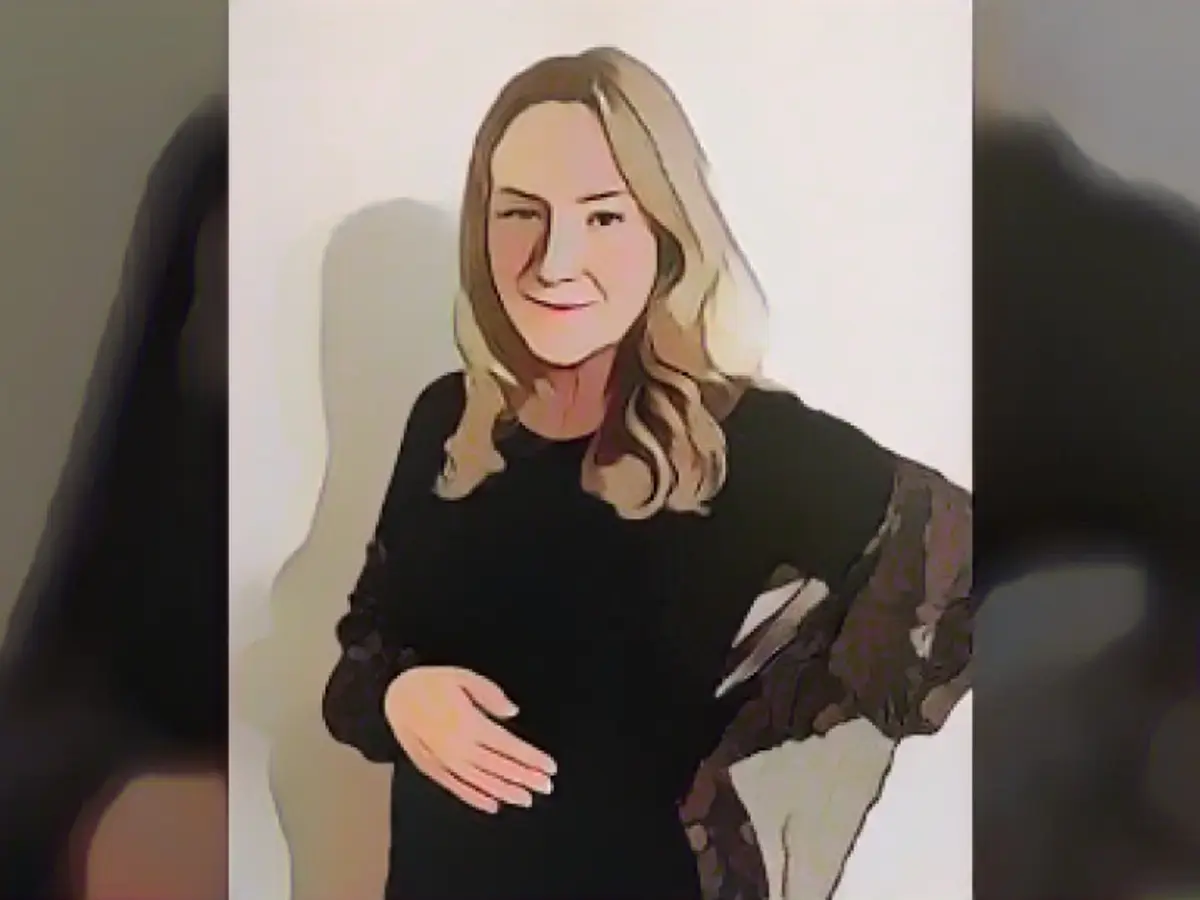Texas's Strict Abortion Laws Bring Heartbreak for Pregnant Women in Need
"I never thought I'd need an abortion," Kate Cox said in a recent interview. "I dreamed of a big family." Though she had always wanted children, Kate received devastating news. The baby she was carrying, diagnosed with trisomy 18, was suffering from a genetic disorder. Incurable, it would disrupt her child's development and cause severe organ malformations, ultimately likely leading to fatal consequences.
Her doctor, fearing for Kate's well-being, advised an emergency abortion. The problem was, Kate was a resident of Texas, a state known for its restrictive abortion laws. In Texas, abortions are only allowed if the mother's life is at risk, and, as Kate put it, "as long as the baby has a heartbeat, there's basically nothing you can do in Texas."
Controversial Claims Surround the Law
Critics argue that Texas's abortion law is too vague, allowing excessive abuse of power and influencing doctors to avoid performing medically necessary abortions. They fear doctors will lose their licenses or face heavy fines and lengthy prison sentences for providing such treatments.
Kate's situation became a civil case, the first in Texas to challenge the state's abortion laws. She aimed to protect her doctor as well as her own well-being, her husband, and any potential charges they may face under the law.
The Battle for Freedom of Choice
After a short-lived court victory for Kate, Texas Attorney General Ken Paxton, a Republican, intervened, challenging the lower court's decision and taking the case to the highest courthouse in Texas. Meanwhile, he intimidated Kate's doctor, Damla Karsan, with menacing letters. The uproar received widespread media attention, including in the "New York Times."
Despite her physical symptoms, Kate had to wait anxiously before leaving Texas to have the procedure performed in another state. Thoughheartbroken, she explained, "I shouldn't subject my body to the risks of continuing this pregnancy through childbirth and induction with the possibility of a ruptured uterus..."
When all was said and done, the Supreme Court of Texas denied Kate's appeal. The decision cited insufficient reasoning as their basis for dismissal, despite the doctor's concerns for the mother's life and health.
Implications of the Controversial Law
The backlash against the law has not gone unnoticed, with the U.S. Supreme Court overturning its landmark "Roe v. Wade" ruling and deferring abortion law jurisdiction to individual states. This makes access to safe and legal abortions increasingly difficult for women in restrictive states like Texas, which has seen a significant drop in the number of abortions performed since 2020 from around 50,000 to just 34.
Financial constraints often hinder women from traveling to states with more lenient abortion laws, leaving them with no choice but to endure potentially life-threatening conditions or wait indefinitely for a legal resolution.
Did You Know?
- Texas's abortion law is one of the strictest in the United States, with a six-week ban, except in cases where the mother's life or health is in jeopardy.
- Doctors may be subject to legal repercussions, including up to 99 years in prison, substantial fines, and loss of their medical licenses, if they perform abortions: creating a chilling effect on physicians' willingness to perform essential procedures.
- The law allows for emergency abortions, yet accessing this loophole is difficult due to vague wording and limited interpretation, posing significant health risks for women.
- The Texas Supreme Court's decision in the Zurawski case established strict criteria for determining if an abortion is legal, requiring doctors to establish that the patient's condition poses a risk of death or substantial impairment of a major bodily function.
- Restrictive abortion laws have led to increased health risks and maternal mortality, with sepsis and related complications becoming increasingly common in women seeking medical attention due to pregnancy loss.




